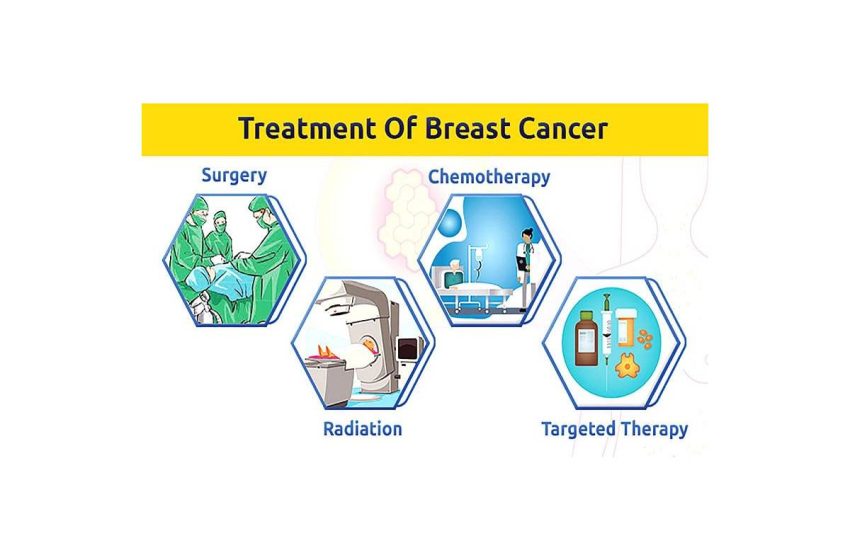
Emerging from breast cancer treatment marks a significant milestone—a blend of relief, triumph, and the daunting task of adjusting to a new normal. The journey doesn’t end with the last radiation session or the final chemotherapy round; in many ways, it’s just beginning. Life after treatment is a period of physical, emotional, and mental healing. The body, having endured the rigors of cancer therapies, requires time and care to rebuild strength. Side effects such as fatigue, lymphedema, and cognitive changes, often referred to as “chemo brain,” can linger, challenging one’s daily routine.
Emotionally, the transition can be complex. Survivors may grapple with the fear of recurrence, while also experiencing a renewed sense of purpose and a deeper appreciation for life. Relationships may shift, as loved ones and the survivors themselves adjust to new dynamics and altered priorities.
In this phase, support systems become crucial. Whether through counseling, support groups, or connecting with other survivors, these networks offer vital encouragement. Embracing a balanced lifestyle, regular follow-ups, and self-care practices are key to thriving post-treatment, empowering survivors to navigate this new chapter with resilience and hope.
Infographic provided by Breast Cancer Car Donations, a top company for vehicle donations in California


